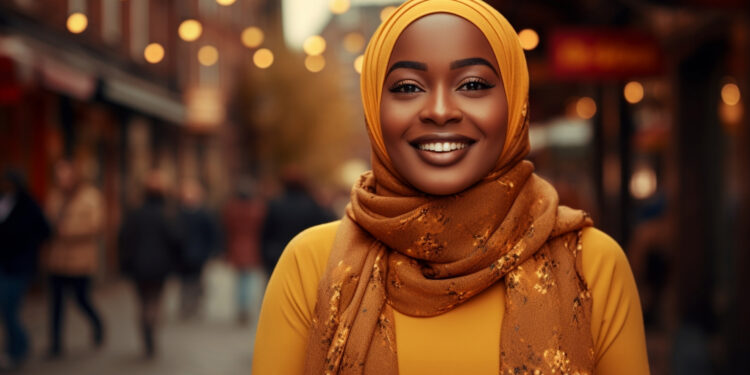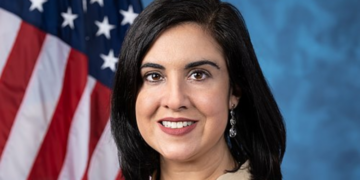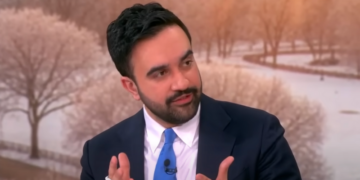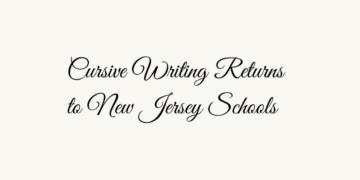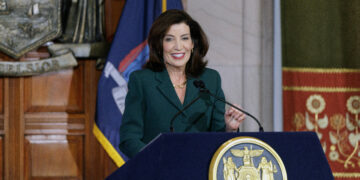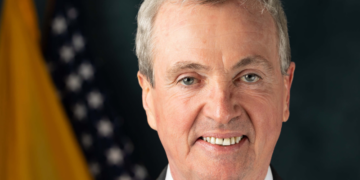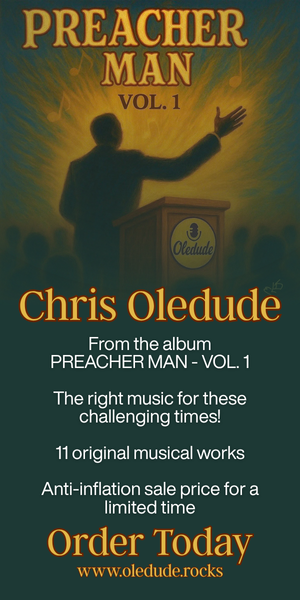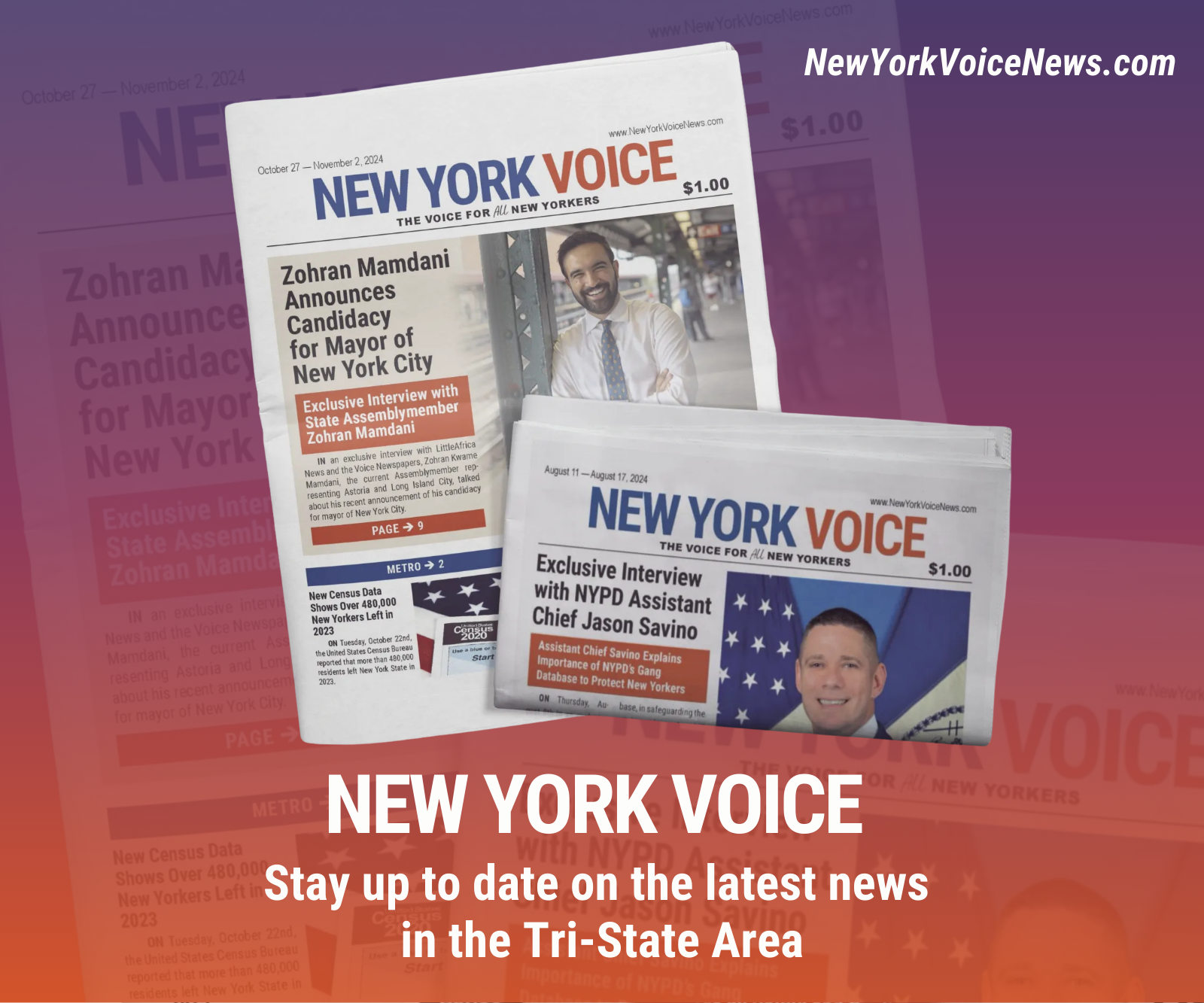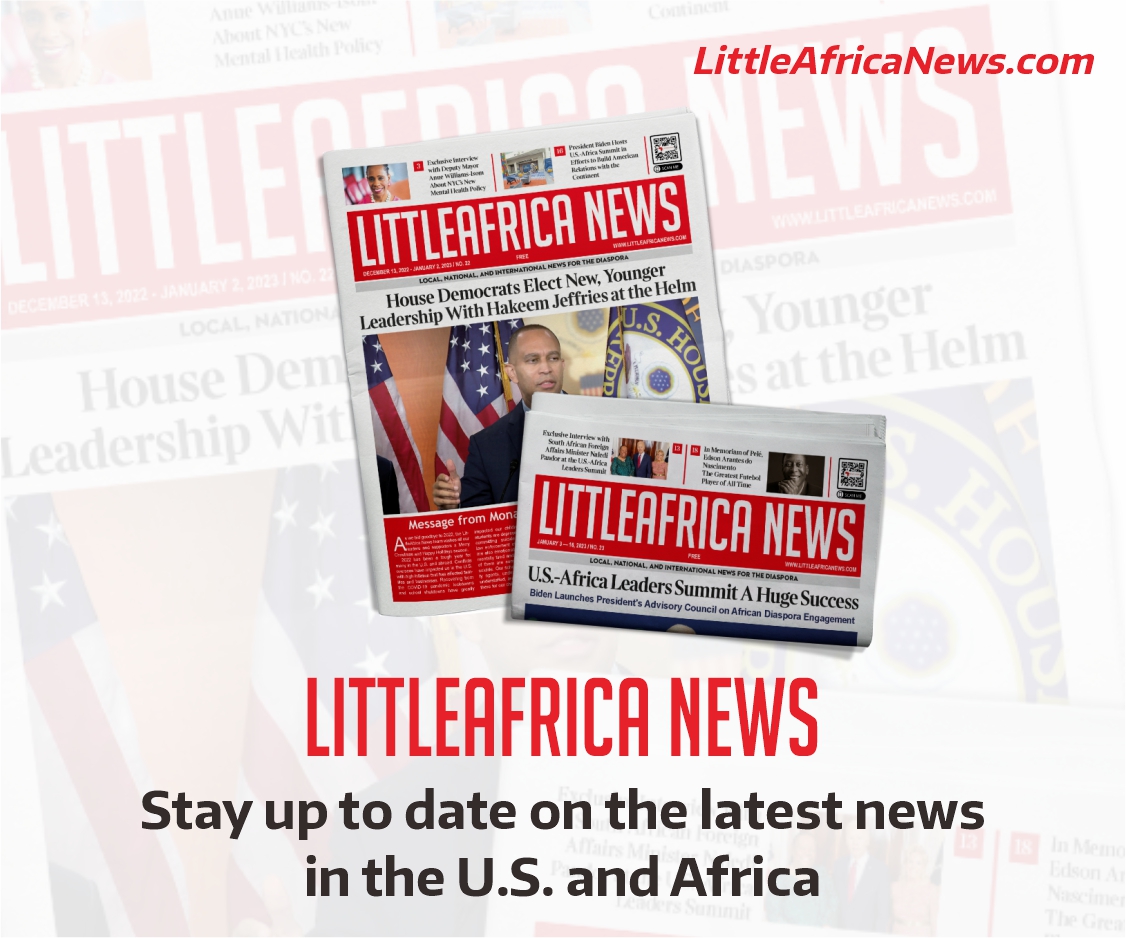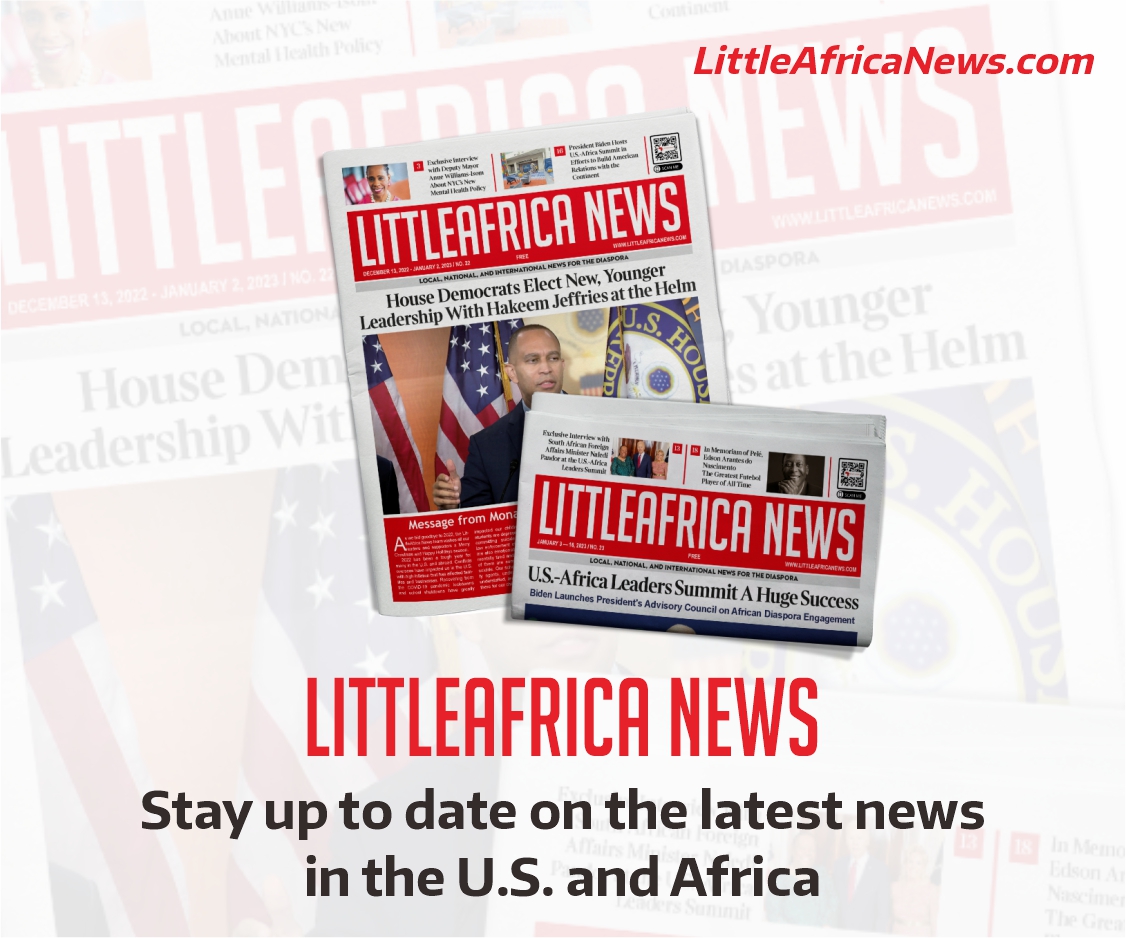During the final Democratic mayoral debate on Thursday, June 12th, Andrew Cuomo faced pointed questions about his lack of engagement with Muslim communities during his time in office. Moderators confronted Cuomo about past criticism that he had not visited a mosque in over a decade, an issue that first surfaced during his 2018 re-election campaign.
When asked if he had addressed the matter in the years since, Cuomo responded, “I believe I have. I know I’ve participated in many forums with imams,” but acknowledged, “I am not, off the top of my head. I can’t tell you where I went, but I’ll check the record and I will.”
The exchange came amid broader scrutiny of Cuomo’s record and conduct, with opponents using the opportunity to challenge his credibility and commitment to representing all New Yorkers. Assemblyman Zohran Mamdani, one of Cuomo’s leading challengers, highlighted the lack of outreach, stating that Cuomo “has nothing to say to us, because he doesn’t see us as if we are every other New Yorker.”
Cuomo defended his stance by stating that New York is “a city of immigrants” and that he welcomes and loves them. However, Mamdani and others argued that his framing suggested Muslim New Yorkers are all immigrants, an implication they viewed as problematic in a city with a deeply rooted and diverse Muslim population. Critics also pointed out that Cuomo has not met with Muslim community leaders during his campaign, despite having supporters within the Muslim community.
New York City is home to a significant Muslim population, with estimates from the Institute for Social Policy and Understanding and the Muslim Community Network placing the number at over 750,000. The city’s Muslim residents include U.S.-born citizens, immigrants, and multi-generational families from a wide range of ethnic backgrounds including African, Black American, South Asian, Arab, and Eastern European communities, who have long contributed to New York’s civic, economic, and cultural fabric.
Throughout the debate, issues of identity and inclusion remained central. Ugandan-born Mamdani, the son of wealthy South Asian immigrants, emphasized the importance of leadership that recognizes and values all communities. He accused Fix The City, a super PAC supporting Cuomo’s candidacy, of using Islamophobic imagery in a recent flyer draft, citing a digitally altered photo that appeared to darken his beard.
As early voting begins and the June 24th primary approaches, candidates continue to vie for support across New York’s diverse electorate. For Cuomo, questions about past outreach and current engagement with Muslim New Yorkers could weigh heavily as voters prepare to cast their ballots. Whether he now takes steps to engage directly with the city’s Muslim communities remains uncertain. The opportunity to address past shortcomings is still open if he chooses to seize it.
At the same time, visiting a mosque does not guarantee genuine support for Muslim communities. These visits are often symbolic and do not always result in programs, services, or advocacy for Muslim families and businesses. Many voters, especially in communities of color, have expressed concerns that they only see candidates during election season. Muslim New Yorkers are no exception. While Cuomo is under scrutiny, others who have visited mosques also face questions about what they have actually done for these communities.




